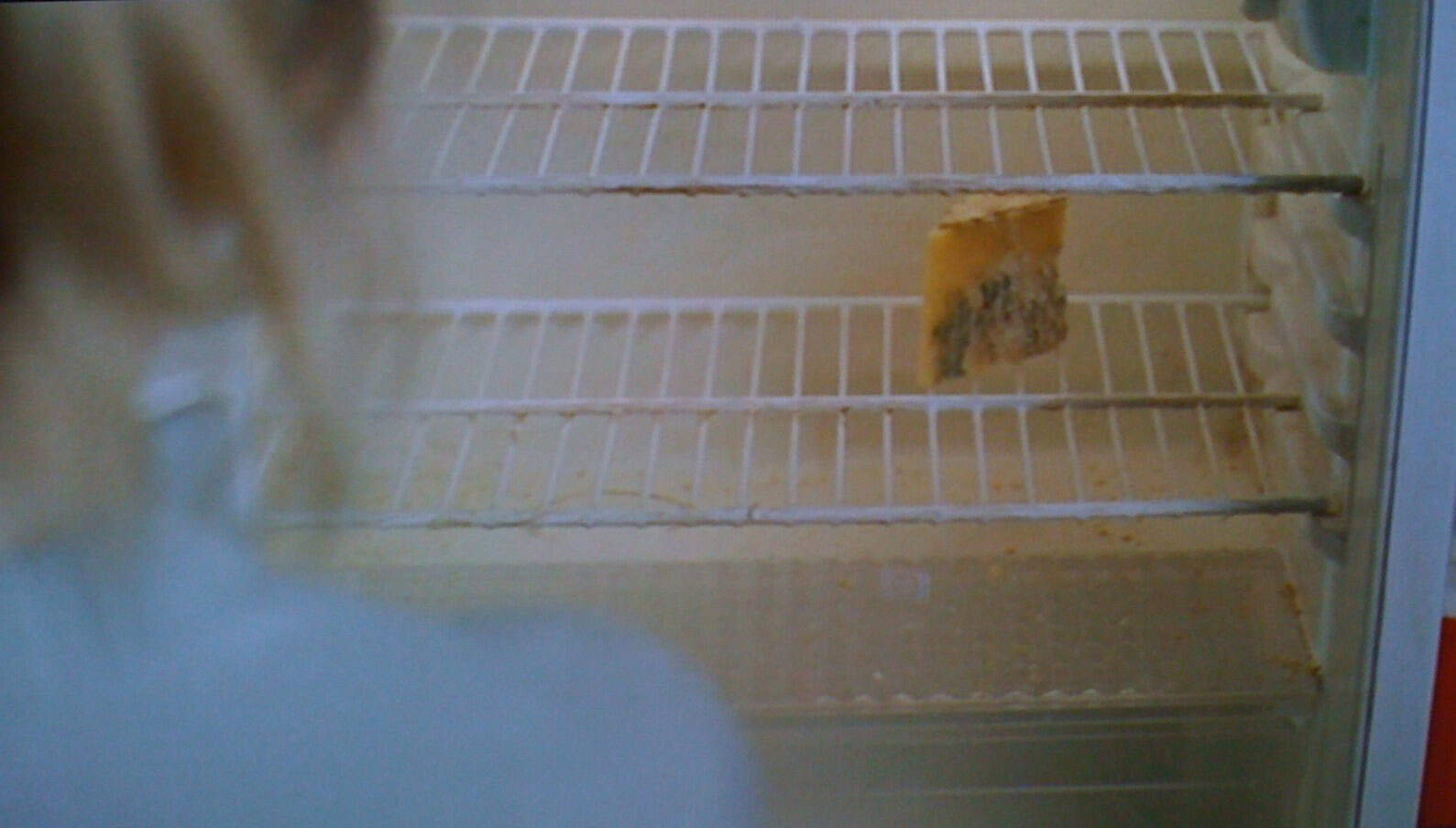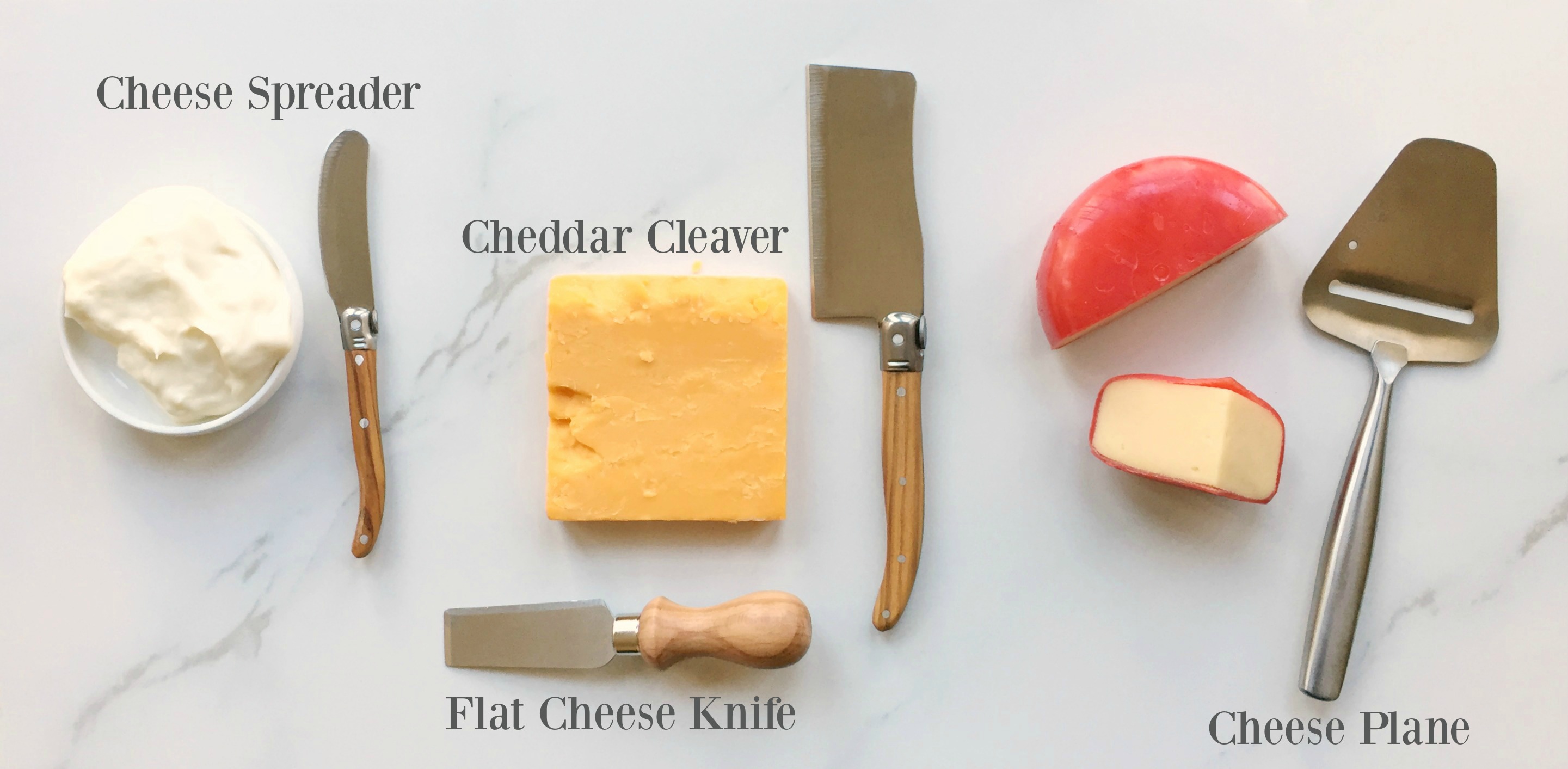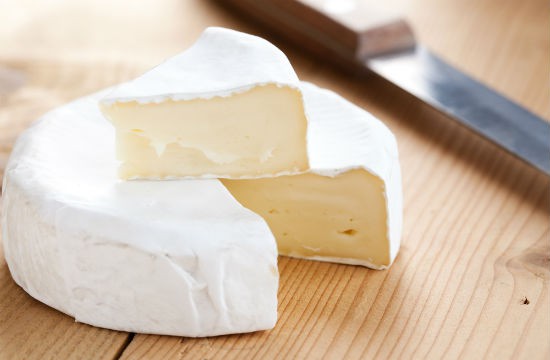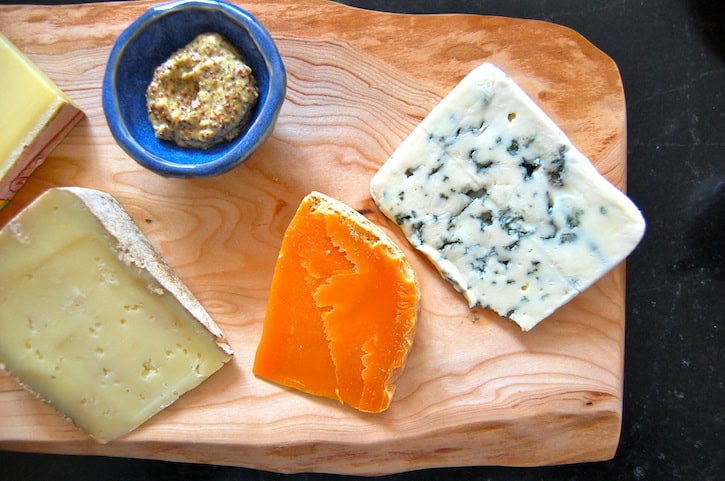Tag: tips
7 Rules To Live By When Dealing With Cheese
1. A very important and fairly obvious rule is to not put unwrapped cheese in the fridge. The cheese would not only be exposed to potential bacteria, but it would become hard and dry out, making it inedible.

2. Don’t wrap your cheese in saran wrap! Although it is a very common practice to wrap cheese in saran wrap, with it being the easiest way to repackage food, replacing it with cheese paper or baking paper is the best way to go. This is because the paper allows the cheese to breathe and it won’t dry out.

3. It is also important to use separate utensils for each cheese. It may not seem very important but when you are eating a variety of cheese from a board, it can definitely affect the taste and ruin the experience of all the delightful flavors to offer.

4. Never serve cheese straight from the fridge. Like red wine, you just simply are not getting all from that expensive treat you bought if it is consumed straight from the fridge. It’d be an unpleasant, stone cold rock, with a lack of flavor, aroma or texture. For example, if you were to eat brie straight from the fridge, it would be hard and lacking flavor, whereas after being left out for around an hour, it is soft and delicious.

5. Don’t freeze fresh cheese. Fresh cheese is volatile as it is and just after one day, fresh cheese like feta and mozzarella will start to lose their moisture and become rubbery. The best way to remedy this is to soak the cheese for an hour in warm, salted milk. This will bring back the moisture and burst of flavors you lost while refrigerating.

6. Buying grated cheese isn’t the best idea, nor the cheapest. When you buy a full block of cheese, it keeps fresher for a lot longer and is a lot cheaper. Not only that but a block of cheese tends to be a lot better quality than grated, with more flavor and aroma and no artificially added extras.

7. Try to keep cheese in a block for as long as possible. Cutting cheese into slices allows the cheese to dry out fast. Even when serving it on a platter, it is best to keep it in a block so the cheese can be enjoyed in its best form, especially since the most flavor is at the center of the cheese.

Should You Eat Moldy Cheese?
It’s always a shame when we discover our food has gone to waste because of mold. While mold is usually a sign that it’s time to discard something, it’s not as clear exactly what to do when it comes to cheese. Here is a guide which will help you differentiate which cheese is ‘good’ and which is ‘bad’ when mold takes place.
Image Source: static1.businessinsider.com/image/54cffb496bb3f7225d1b7747/we-definitively-solved-the-debate-over-whether-you-can-still-eat-cheese-with-mold-on-it.jpg
Now there are very clear types of cheeses that must be discarded when mold occurs- soft cheese like cream cheese, cottage cheese, and ricotta cheese. Also, cheese that is shredded, sliced or crumbled should be discarded when mold appears. With these kinds of cheeses, the mold can send threads all throughout the cheese. Harmful bacteria such as salmonella, e.coli, listeria, and brucella can also grow throughout the cheese. So stay clear of any consumption if these cheeses have mold.

Image Source: newhealthadvisor.com/images/1HT00226/PART1.png
There is still hope for cheese with mold, though. Mold usually can’t penetrate far into hard and semisoft cheeses, like cheddar, parmesan, swiss and Colby. So it is easy to just cut the mold away from the cheese and eat the rest. It is safe practice to cut at least an inch around and below the mold to be safe, and do not contaminate the rest of the cheese by touching it with the knife.

Image Source: triggerwarning.co.uk/wp-content/uploads/2016/02/Cheese-board.jpg
It is true that not all molds pose a risk. Some types of mold are actually used to make cheeses, such as Camembert and Brie. These are safe molds to eat.
Whether or not you should eat the mold generally relies upon what type of cheese it is. It’s usually quite easy to differentiate between, but if you find yourself unsure, it is best to discard the cheese, just to be safe.




